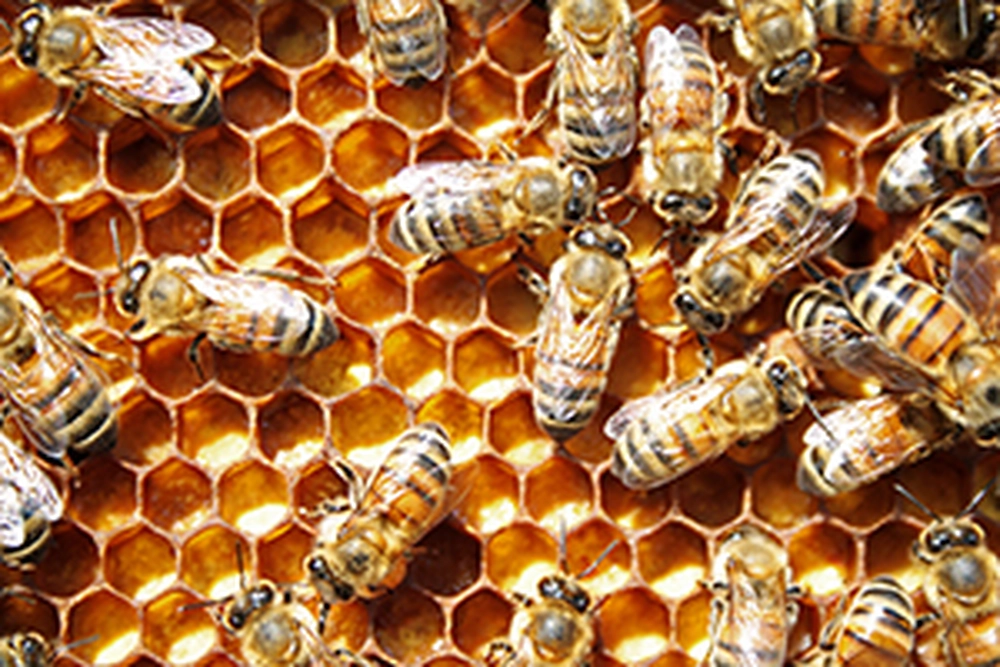May 8, 2007
Image

In a study published in the online edition of the Proceedings of the National Academy of Sciences, researchers led by Gene Robinson, professor of integrative biology, entomology, and cell and developmental biology, reveal why the queen honey bee lives 10 times longer than her genetically identical, but sterile sister worker bees.
Story Source(s)